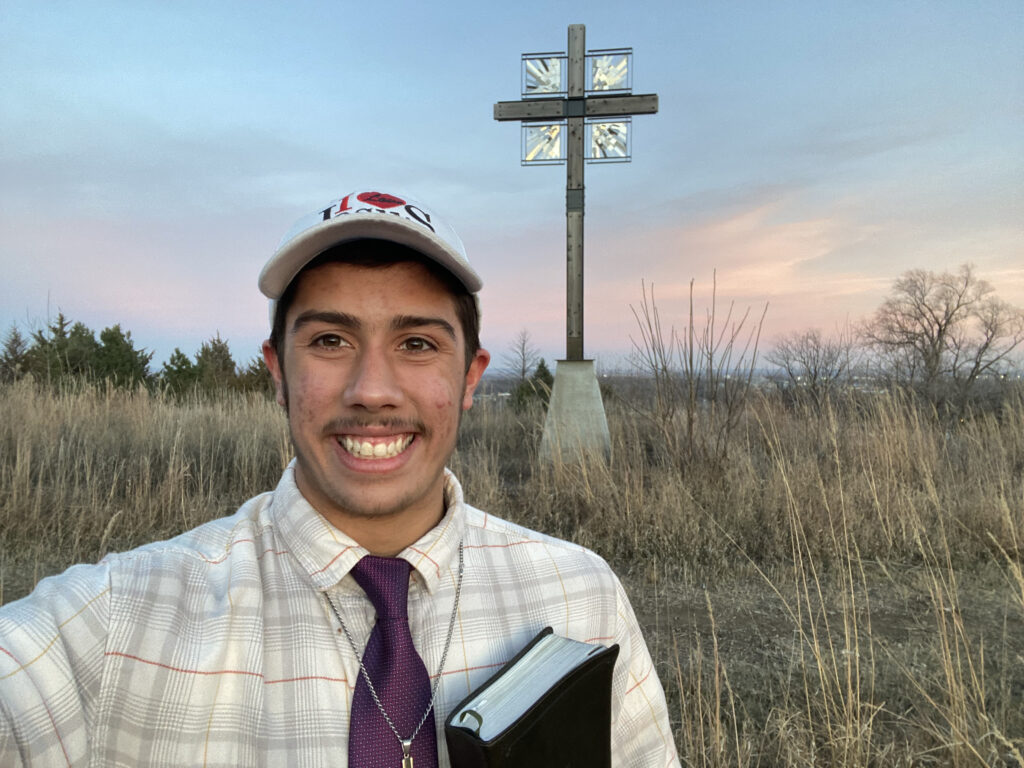Northwestern prides itself on being “Iowa’s standout Christian college.” On Tuesdays and Fridays, hundreds of students crowd into the chapel to praise together, and on Sundays, many students attend local services at one of the many Christian churches that call Orange City home. One of the greatest aspects of Christian life on campus, though, is the ecumenical spirit that drives our college, which, despite differing doctrines and beliefs, unites the student body as brothers and sisters in Jesus Christ.
Here on campus, I have been blessed to have a multitude of friends among the student body. Whether studying for class or cheering at a basketball game, I am often surrounded by peers who I enjoy close companionship with. Interestingly, these friends of mine (who may be reading this article right now) are of all sorts of religious backgrounds under the broad umbrella of the Christian faith, revealing the beautiful diversity that makes up the body of Christ. I count among my friends Baptists, Roman Catholics, Pentecostals and lots of Reformed folks (this is Orange City after all). Though there are plenty of theological disagreements between me and my peers, we all enjoy Christian fellowship with one another despite our differences. Furthermore, I believe that our unique perspectives bring us closer together, in that I often enjoy delightful discussions with my friends, diving deep into the nuances and complexities of Christian theology and practice. I enjoy these discussions immeasurably, and I am often edified by them. My Baptist friends encourage me to study God’s word as the source of all religious truth, and to rely on Jesus Christ’s finished work on the cross for our salvation. My Roman Catholic friends encourage me to trust Church tradition, and to be guided by faithful Christians who have lived before me. My Pentecostal friends encourage me to be vibrantly energetic in praising the Lord, being filled and nourished with the Spirit of our God. My Reformed friends encourage me to trust in God’s sovereignty over all things, and in His plan for our lives. I, as a Lutheran, attempt to encourage my dear friends to trust in the sacraments instituted by Jesus Christ, which are God’s means of grace that are received by faith alone.
In my own life, I have experienced many different versions of the Christian faith. My father was a youth pastor for nearly two decades, so my family attended many different churches as my father took part in various ministries. I was baptized at a Baptist church as a child, and afterwards, my family attended a Presbyterian church for the next several years. In high school, I attended a Pentecostal youth group, and only within the last year did I join the Lutheran Church after studying its theology. Seeing and participating in these distinctive Christian varieties has given me a deep appreciation for the particulars of each Christian denomination, but it has also helped me to recognize the essentials that unite all these churches as “Christian.”
Even though there are distinctives within the various Christian denominations, there still remains a central core that unites that all true believers in Jesus Christ. All true Christians believe in God the Father, who created all things and has adopted us as His sons and daughters. All true Christians believe in the Son, Jesus Christ, who suffered for our sins and granted us salvation by His blood. All true Christians believe in the Holy Spirit, who empowers us to live boldly and proclaim the Gospel by our words and our deeds. Being united by faith in this Gospel, we are united into the Christian Church, the Body of Christ. By faith we are brought into the family of God, with God as our Father and fellow Christians as our brothers and sisters.
